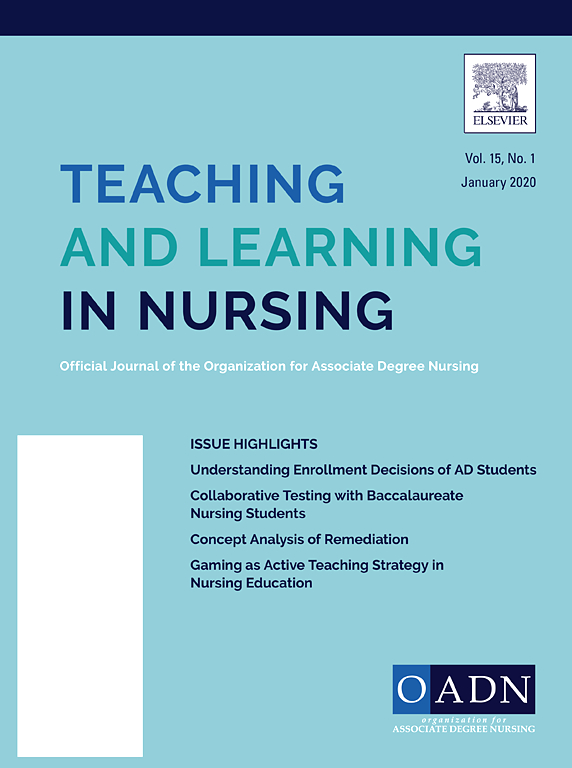Times are very unique currently, and many traditionally in-person or on-site classes have moved to online. As Instructional Connections has years of experience in online education and virtual classrooms, we wanted to share some of our top tips for transitioning to online learning, or distance learning.
First, Some Tips for Students Transitioning to Online Education
Get the Right Headset (Or Other Needed Equipment)
With the right headset, you will avoid listener-fatigue both for the student, the classmates, and the professor. And be sure to order it early, as there may be delays for quality headsets as online education continues.
Additionally, practice good audio-visual behavior, such as muting yourself when you aren’t talking, thinking about your own background noise, and making sure that you (to the best of your ability) are not interrupting others.
Get the Right Mindset (& Keep Your Schedule Consistent)
What we really mean is wear what you would wear to class. Yes, there are jokes online right now about wearing pajamas or sweatpant bottoms with a suit and tie, but it’s important to dress the part, plus, this will help your routines.
Keeping a solid routine will help keep your mindset and your productivity on track. Keep up with your hygiene, even the little things, as letting these slide may result in bigger slides in the future. Keep up with your schedule as best as you can – no staying up until 4 AM or forgetting what day of the week it is.
Next, Some Tips for Professors Transitioning to Online Education
Ask for Help & Be Flexible
If this is new to you, that’s alright and there are many others in the same boat. So, don’t try to teach class, plus monitor responses in the chat function, plus engage with each student through the camera, and all the other things you might do in a face-to-face class.
Focus on covering the material and keeping it interesting. And then assign a student or TA to facilitate further comments and questions from the class. It is absolutely okay to have to ask for some help from your university, the class, or outside sources during this time.
And when you get frustrated, which we all will, remind yourself that this is a big change and challenge for everyone. Do your best, expect your students to do their reasonable best, and stay flexible whenever you can. Everyone is adjusting, not just students or teachers, but families and communities too.
After your initial starting struggles and frustrations, there will also be little wins – enjoy them and don’t brush them off. Enjoy the little things and the little wins, and remember that soon there will be more wins than losses, and larger wins as well!
Keep Students Engaged & Stay in Control
Three-hour lectures may be fine when everyone is in the room together and it can be broken up with drink and bathroom breaks, discussion, or videos. But it might be too much to expect your students to stay engaged in the same format when everything is online and they are in their own homes. Instead, ask questions, solicit feedback, and keep things lively – this might turn your classes into more conversation or discussion-based, but that may be needed right now.
And remember, nothing wakes up a virtual class like cold-calling on students!
Additionally, just because you are changing your format to include more back and forth, that doesn’t mean you will lose control of the virtual classroom. Some ‘laws’ that can help anarchy from appearing is making your students ‘raise their hand’ in the chat function, mute their microphones when they are not speaking, or enforcing that they all have their cameras on (if they have the capability).
Lastly, Some Tips for Anyone Transitioning to Online Education
Choose a Quiet Place as Your New ‘Classroom’
You would be surprised how many people do not isolate themselves during a class, and this can distract not just them, but everyone else in the online classroom too. Make sure you – regardless of if you are a student or teacher – have chosen a quiet, comfortable place for your class.
It can also help to have the items you may need within arm’s reach, like water, a snack, notebook, and more. Also, even though you are on your laptop or tablet, be sure to focus only on the class, not emails, games, texts, or other distractions. The more distractions, the less likely anyone will get much from the class.
Stay in Communication with Others
Though many of us are social distancing right now, we still need to communicate with others, whether that be classmates, advisors, professors, or other resources. Be sure you are staying in contact with those you need to, and you know what is expected of you, when, and how all the pieces will be put together.
These are unprecedented times, and though none of us will handle them perfectly, staying in close communications with others is better than the alternative. Remember, overcommunicating is better than under-communicating.











